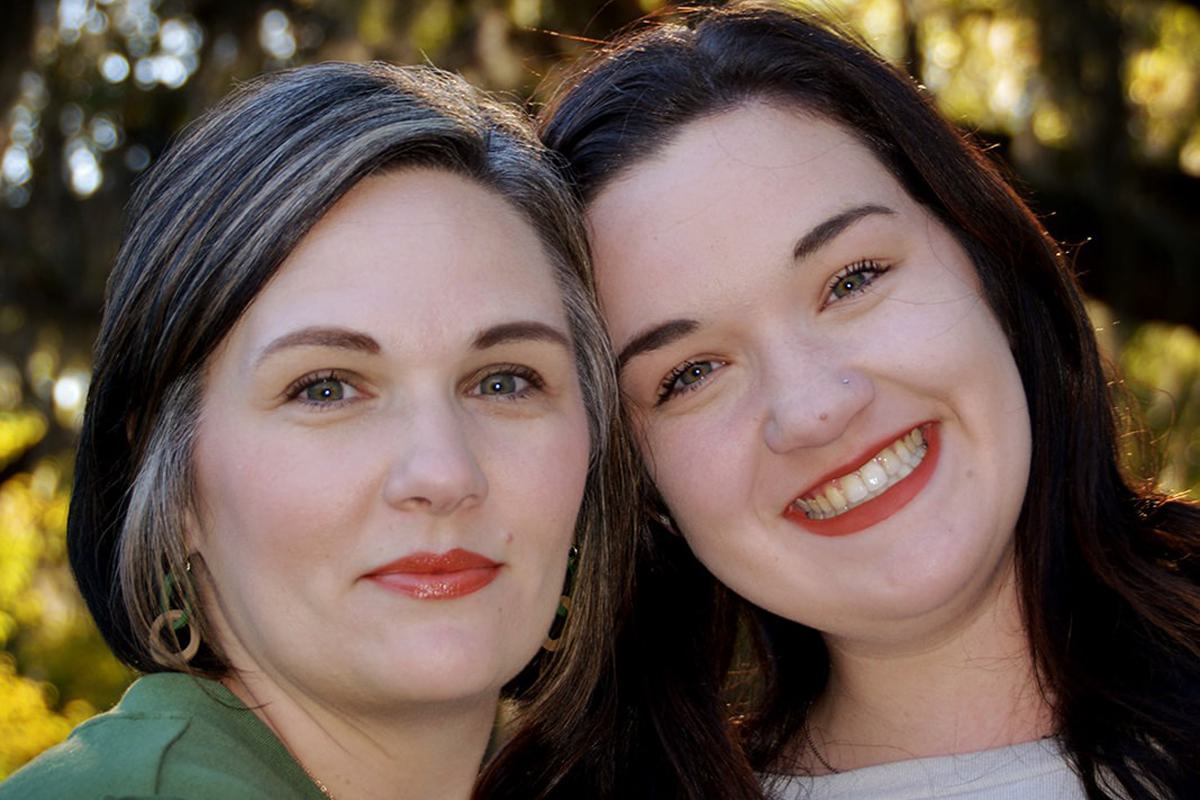Have I not commanded you? Be strong and courageous. Do not be afraid; do not be discouraged, for the LORD your God will be with you wherever you go. - Joshua 1:9
October is Breast Cancer Awareness Month, and one Alabama family is an example of how important it is to stay aware and ask questions.
Ashley Carter has been seeing it all her life.
“I think for my family, while we were not expecting anyone to be diagnosed with breast cancer when it happened to my grandmother, we started paying attention to what all we had all been through in our younger years,” Carter said.
Many breast cancers are often caused because of gene mutations. But genetics are not always to blame, and sometimes hormonal irregularities and medications used to treat them can help feed a cancer.
For Carter’s family, it all started with hormonal health problems at a young age. She herself had to have a hysterectomy at the age of 23, but she wasn’t alone.
“It was me, my grandmother, my mom, my aunt,” Carter added. “Thankfully, I already had two children.”
Carter’s grandmother was diagnosed with breast cancer at the age of 69 and then intestinal cancer at the age of 76. Her aunt was diagnosed at the age of 62 with breast cancer and, just three years later, was diagnosed with bladder cancer.
After realizing the issues in herself, it was her children Carter thought about next.
“I have a son and a daughter, so for my son, I am not as concerned because it seems to be hormone-related,” Carter said. “But for my daughter, I am very concerned because, for me, it took away the opportunity for me to have more children.”
After being put on hormone replacement therapies and different medications to help with her issues, Carter said she wants people to know to do the research before settling on treatments for any female-related issues.
“There are a lot of unknowns out there, and people aren’t doing the research,” she said. “It’s important for everyone to do their own research and get the best opinion before making a decision that’s going to be life-altering. Talk about the things that could happen in the future, not just what’s happening at the moment.”
Several of Carter’s family members have considered or gone through with genetic testing. So far, the family has noticed the problem isn’t in their genes but, more than likely, their hormones. Carter is waiting on the results of her testing now. In the meantime, she wants to spread awareness by not only speaking to her daughter about challenges she may face but also to other women.
“I want my daughter to be aware and not scare her, but I want her to know there is something we can do about it,” Carter explained. “The more we learn about all of this, the more I think we can change for our future.”
This family of survivors and fighters continues to face challenges, but Carter said for her, it’s all about being proactive.
“The more conversations that we have, the better we will be because they are going to be more educated and not wait for the last minute,” said Carter.
According to The National Cancer Institute, symptoms of breast cancer include a lump in the breast or changes in the breast, such as dimples or a nipple turning inward.
Risk factors for breast cancer include:
A personal history of invasive breast cancer, ductal carcinoma in situ (DCIS), or lobular carcinoma in situ (LCIS).
A personal history of benign (noncancerous) breast disease.
A family history of breast cancer in a first-degree relative (mother, daughter, or sister).
Inherited changes in the BRCA1 or BRCA2 genes or in other genes that increase the risk of breast cancer.
Exposure of breast tissue to estrogen made by the body. This may be caused by the following:
Menstruating at an early age.
Older age at first birth or never having given birth.
Starting menopause at a later age.
Taking hormones such as estrogen combined with progestin for symptoms of menopause.
Treatment with radiation therapy to the breast/chest.
Drinking alcohol.
Old age.
To connect with the author of this story, or to comment, email erica.thomas@1819news.com.
Don’t miss out! Subscribe to our newsletter and get our top stories every weekday morning.










